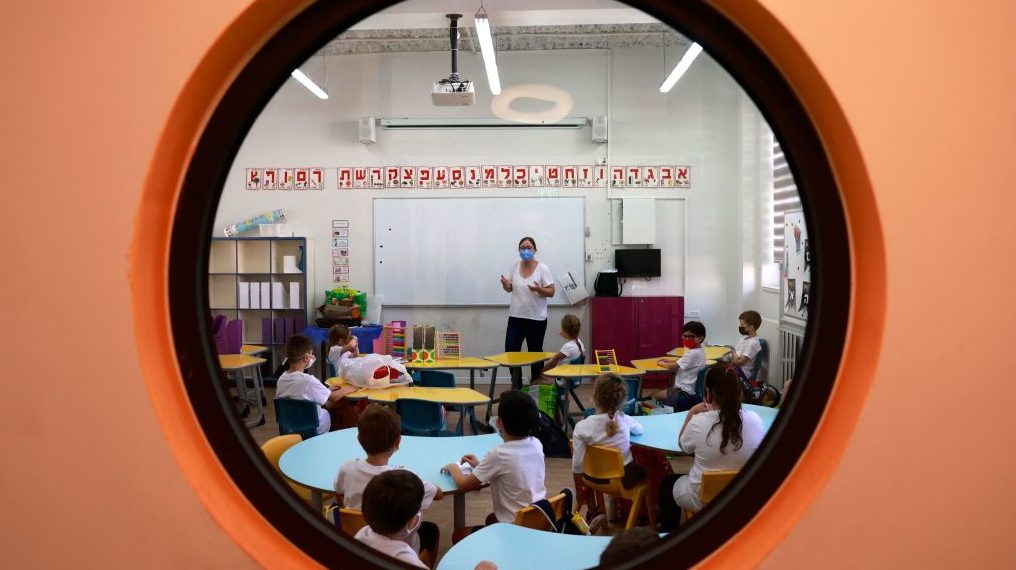It’s Time for a Reform in Teachers’ Salaries!
Ma’ariv, Israel, October 2
The collective wage agreement of teaching staff of elementary and middle schools, represented by the Teachers’ Union, expired in July 2019. Since then, they have been employed without a valid agreement, and their wages have, in fact, been frozen. Do they deserve a pay raise? The recently published OECD Annual Education at a Glance report may provide an answer. The report, which includes data on the education systems of the 38 member states of the organization, including Israel, once again proves that the salaries of teaching staff in Israel are significantly lower than those of their counterparts in developed countries, especially when it comes to entry-level positions. When more senior teaching staff in Israel are compared to their OECD counterparts, the gaps are not relatively significant: Teachers in elementary schools in Israel earn about NIS 200,000 a year, compared with an average of NIS 208,000 in developed countries. Middle-school teachers in Israel earn about NIS 208,500 a year, compared with NIS 216,500 in developed countries. It should be noted that all of these amounts are noted in terms of purchasing power parity for the purpose of international comparison. In contrast, when it comes to less experienced teachers, the gaps are very significant. If we look at the 15 years of experience level, elementary school teachers in Israel earn about NIS 119,000 a year compared to NIS 172,000 in developed countries. Similarly, middle school teachers earn NIS 131,500 compared with an average of NIS 178,000 in developed countries. This means that the average salary of teachers with 15 years of experience in developed countries is about 40% higher than that of teachers in Israel. The gap between teachers at the beginning of their careers is even greater. In elementary schools in Israel, teachers earn about NIS 82,000 a year, compared with NIS 125,000 in developed countries. Middle school teachers in Israel earn about NIS 82,000 a year, compared with an average of NIS 130,000 in developed countries. Therefore, the salaries of junior teachers in developed countries are about 55% higher than in Israel. Studies show that the decision of young men and women to exclude themselves from the teaching profession is mainly influenced by the meager starting salary. The fact that over the years wages will go up is not significant for them when they think of years of economic hardship, especially as newlyweds or young parents. The increased dropout of teachers in their early years from the education system is also related to the disappointing starting salary. Without a major improvement in the salaries of the new teachers, we will not be able to attract a quality workforce to the Israeli public education system, on which Israeli youth heavily rely in order to ensure a bright future. Only a profound correction in the salaries of new teachers will ensure a functioning education system in Israel. – Haim Shaked (translated by Asaf Zilberfarb)


